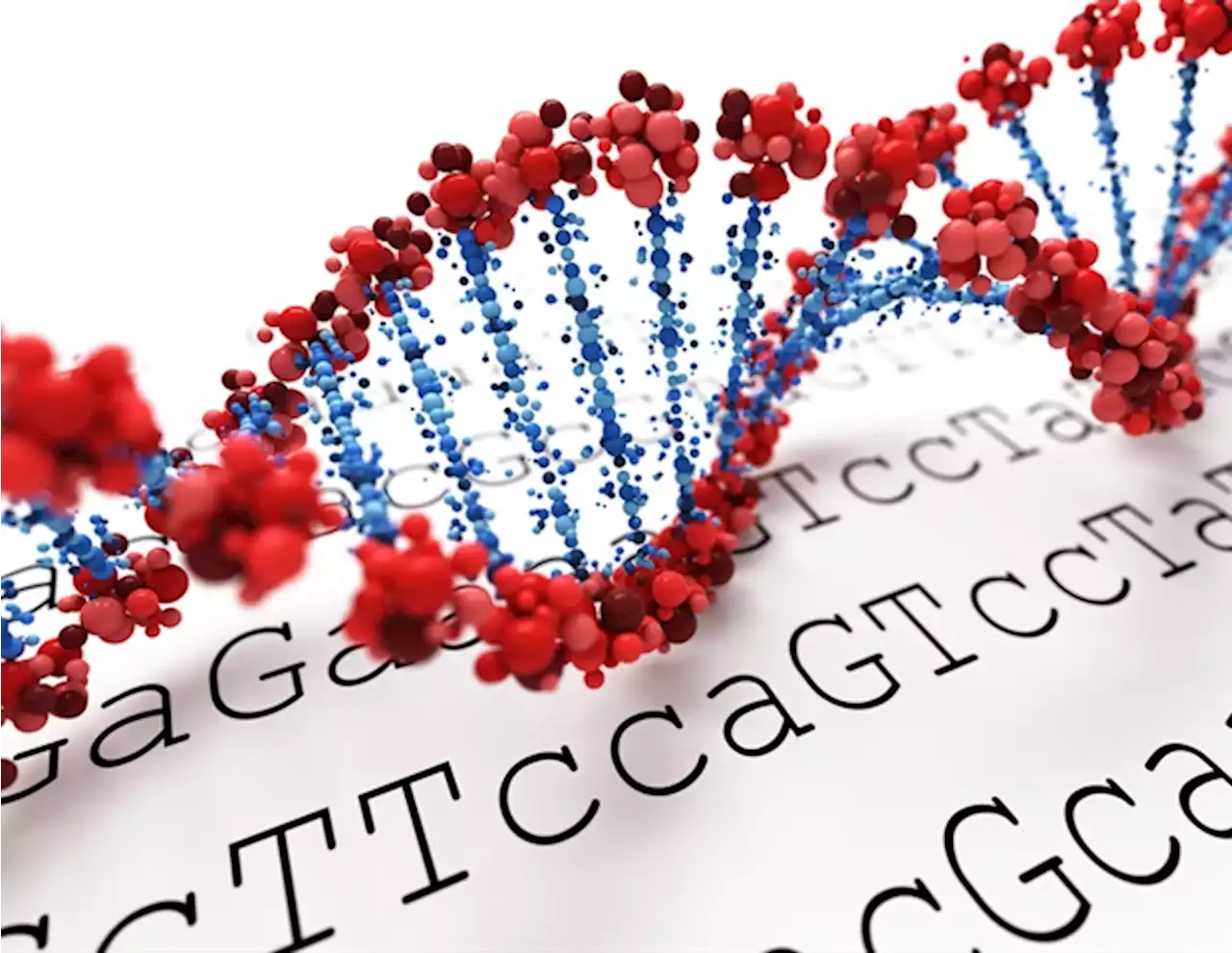This block is broken or missing. You may be missing content or you might need to enable the original module.
Cancer drugs known as checkpoint blockade inhibitors have proven effective for some cancer patients. These drugs work by taking the brakes off the body's T cell response, stimulating those immune cells to destroy tumors.
While very powerful in the right settings, immune checkpoint therapies are not effective for all cancer patients. This work makes clear the role of genetic heterogeneity in cancer in determining the effectiveness of these treatments." Because these tumors have so many mutated proteins, they are believed to be good candidates for immunotherapy treatment, as they offer a plethora of potential targets for T cells to attack. Over the past few years, the FDA has approved a checkpoint blockade inhibitor called pembrolizumab, which activates T cells by blocking a protein called PD-1, to treat several types of tumors that have a high TMB.
Related StoriesThe researchers discovered that this lack of response appears to be the result of a phenomenon known as intratumoral heterogeneity. This means that, while the tumors have many mutations, each cell in the tumor tends to have different mutations than most of the other cells. As a result, each individual cancer mutation is "subclonal," meaning that it is expressed in a minority of cells.
United Kingdom Latest News, United Kingdom Headlines
Similar News:You can also read news stories similar to this one that we have collected from other news sources.
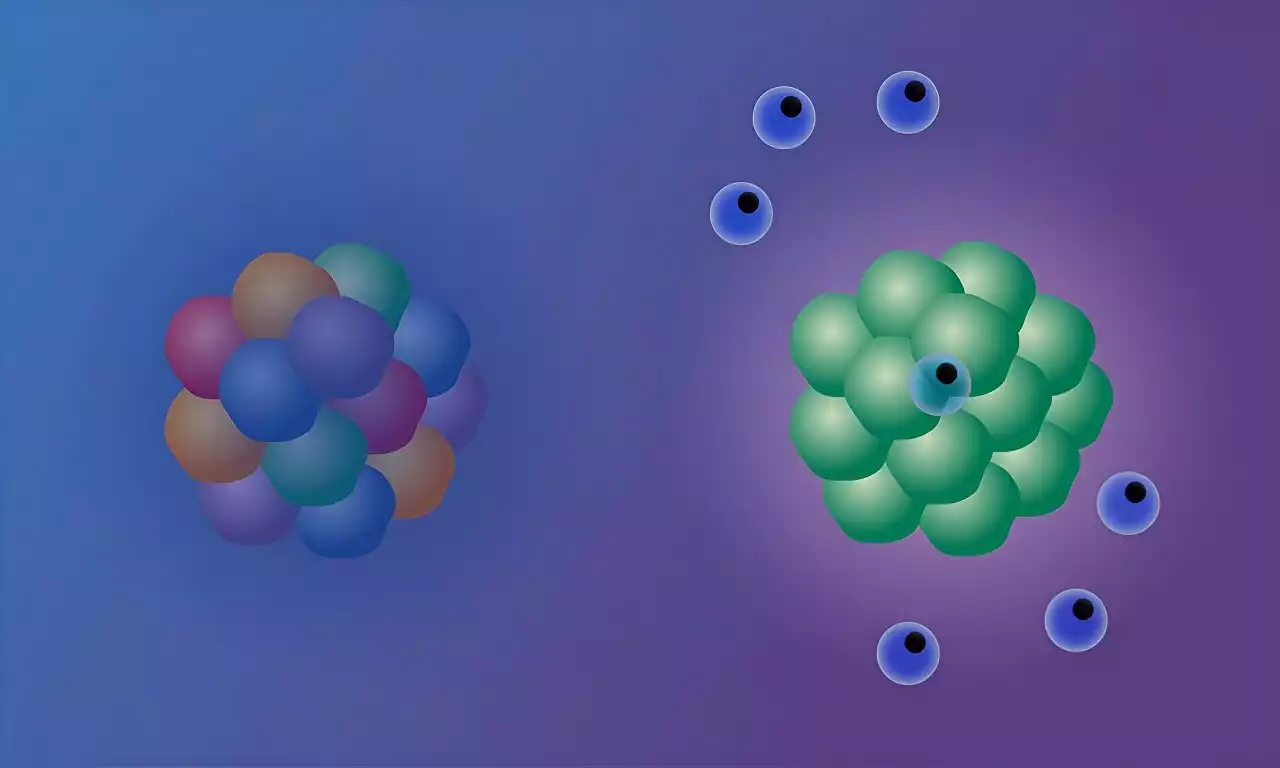 Uncovering the mechanisms underlying lack of response to immunotherapyA new study has shed light on why immunotherapy does not always work in certain types of cancer. Led by researchers at EMBL's European Bioinformatics Institute (EMBL-EBI), Cold Spring Harbor Laboratory (CSHL), and the Massachusetts Institute of Technology (MIT), the work focuses on understanding why some tumors fail to respond to immune checkpoint blockade (ICB) therapy, an approved immunotherapy that harnesses the power of the patient's immune system to target and destroy cancer cells.
Uncovering the mechanisms underlying lack of response to immunotherapyA new study has shed light on why immunotherapy does not always work in certain types of cancer. Led by researchers at EMBL's European Bioinformatics Institute (EMBL-EBI), Cold Spring Harbor Laboratory (CSHL), and the Massachusetts Institute of Technology (MIT), the work focuses on understanding why some tumors fail to respond to immune checkpoint blockade (ICB) therapy, an approved immunotherapy that harnesses the power of the patient's immune system to target and destroy cancer cells.
Read more »
 How an archaeological approach can help leverage biased data in AI to improve medicineThe classic computer science adage 'garbage in, garbage out' lacks nuance when it comes to understanding biased medical data, argue computer science and bioethics professors from MIT, Johns Hopkins University, and the Alan Turing Institute in a new opinion piece published in a recent edition of the New England Journal of Medicine (NEJM).
How an archaeological approach can help leverage biased data in AI to improve medicineThe classic computer science adage 'garbage in, garbage out' lacks nuance when it comes to understanding biased medical data, argue computer science and bioethics professors from MIT, Johns Hopkins University, and the Alan Turing Institute in a new opinion piece published in a recent edition of the New England Journal of Medicine (NEJM).
Read more »
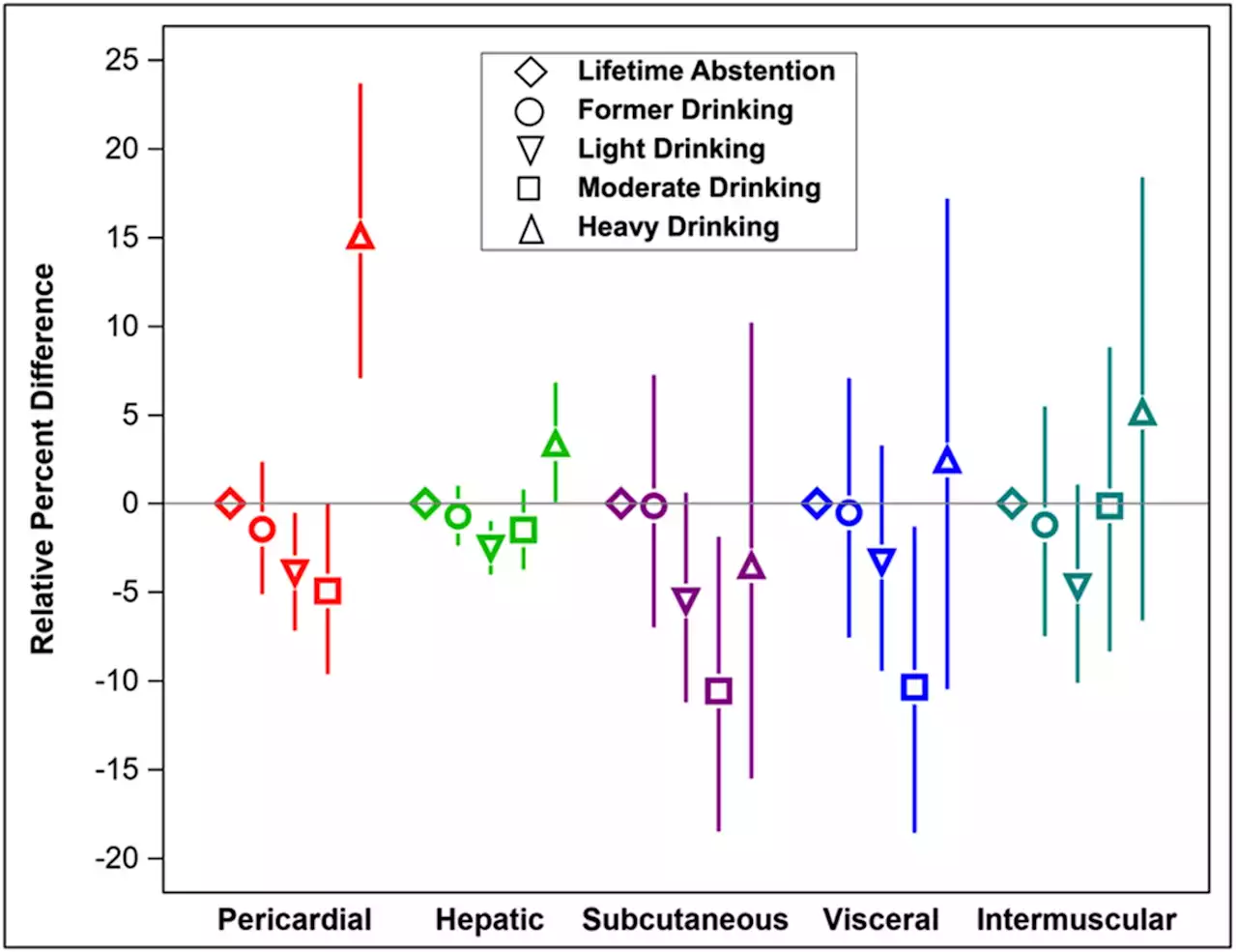 Study finds heavy alcohol consumption linked to ectopic fatDoes drinking an excessive amount of alcohol increase the amount of fat deposits in the body? The answer is yes according to new findings from the Multi-Ethnic Study of Atherosclerosis (MESA). Researchers at Wake Forest University School of Medicine found that heavy alcohol consumption is associated with higher levels of ectopic fat, which refers to fat around organs such as the heart, liver and intestines.
Study finds heavy alcohol consumption linked to ectopic fatDoes drinking an excessive amount of alcohol increase the amount of fat deposits in the body? The answer is yes according to new findings from the Multi-Ethnic Study of Atherosclerosis (MESA). Researchers at Wake Forest University School of Medicine found that heavy alcohol consumption is associated with higher levels of ectopic fat, which refers to fat around organs such as the heart, liver and intestines.
Read more »
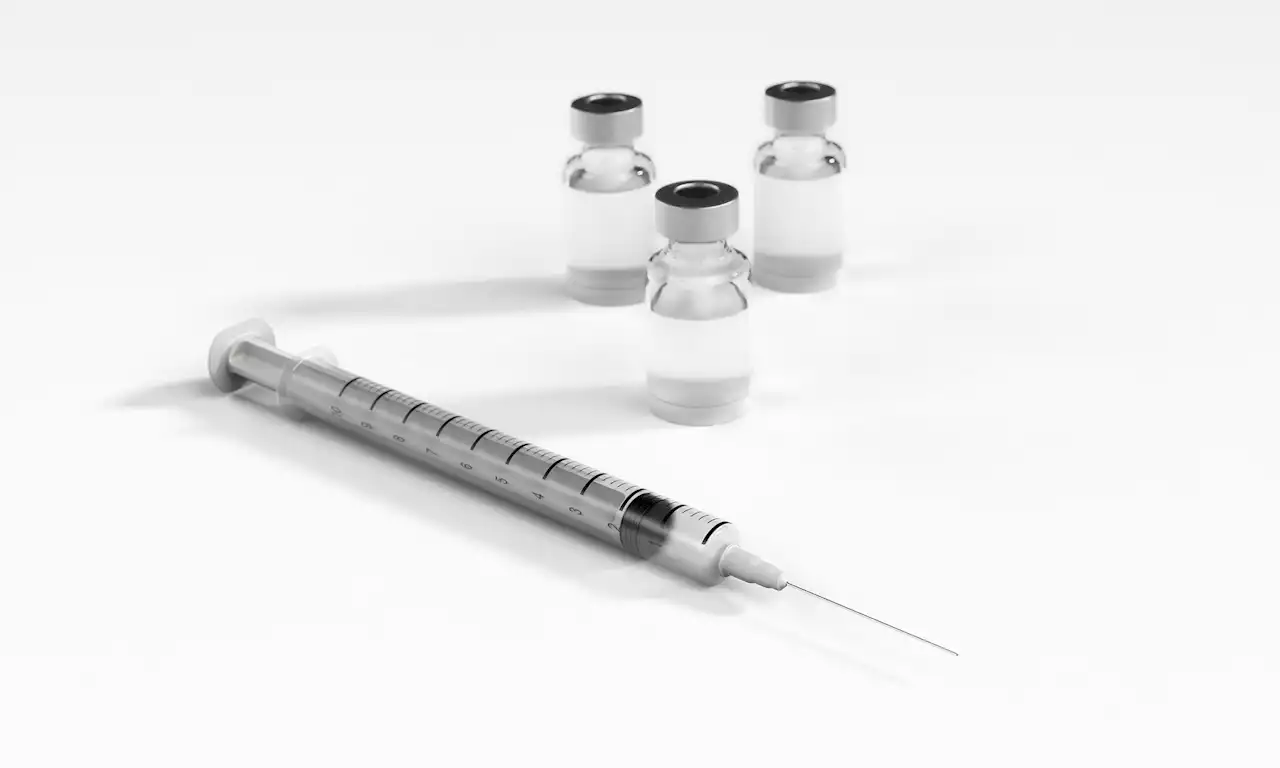 Effectiveness of COVID-19 vaccination for babies and young children confirmed in multi-state studyCOVID-19 mRNA vaccination protects babies and young children against COVID-19-associated emergency department/urgent care visits, according to a multistate study from the Centers for Disease Control and Prevention's VISION Network. The study found that children, age five and younger, who received the original COVID-19 vaccine and the updated vaccine were protected against the need for medical care for COVID in an emergency department or urgent care facility.
Effectiveness of COVID-19 vaccination for babies and young children confirmed in multi-state studyCOVID-19 mRNA vaccination protects babies and young children against COVID-19-associated emergency department/urgent care visits, according to a multistate study from the Centers for Disease Control and Prevention's VISION Network. The study found that children, age five and younger, who received the original COVID-19 vaccine and the updated vaccine were protected against the need for medical care for COVID in an emergency department or urgent care facility.
Read more »
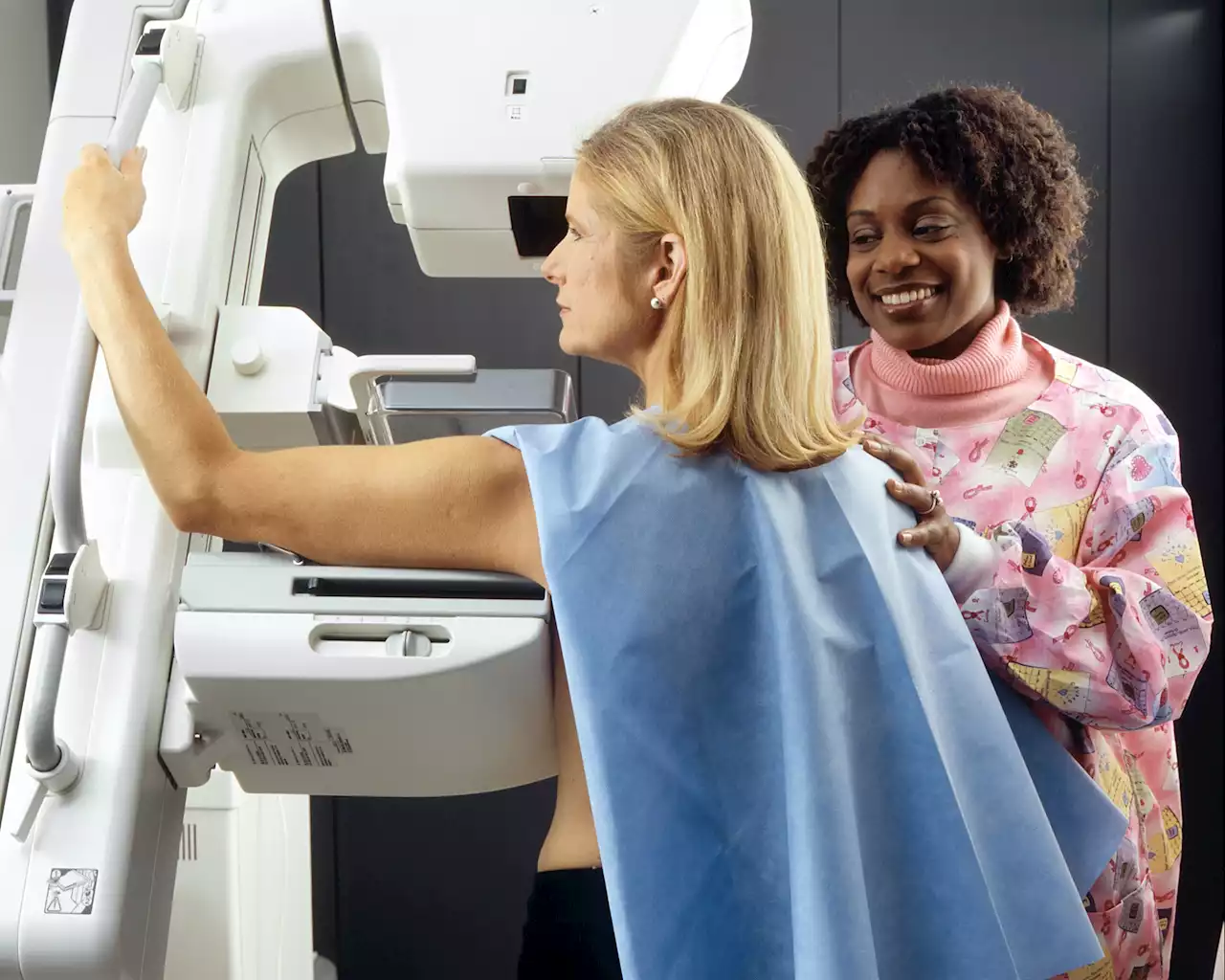 Study reveals reductions in breast cancer screening uptake during COVID-19 pandemicA review of COVID-19 studies globally has revealed reductions in breast cancer screening participation during 2020, with differences between geographic regions and health care settings.
Study reveals reductions in breast cancer screening uptake during COVID-19 pandemicA review of COVID-19 studies globally has revealed reductions in breast cancer screening participation during 2020, with differences between geographic regions and health care settings.
Read more »
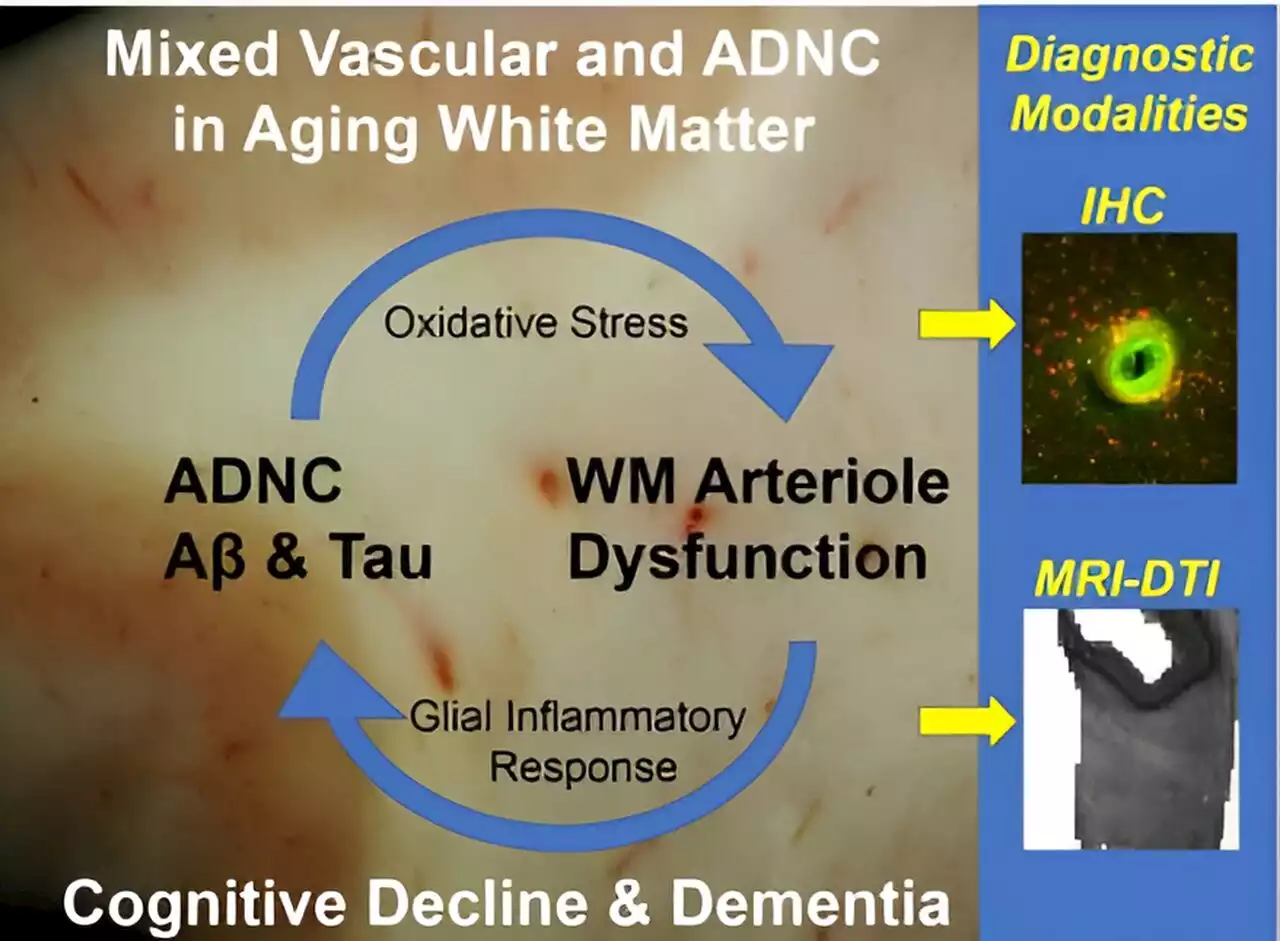 Study reports on contributions to white matter injury in Alzheimer's diseaseA new editorial paper titled 'Microvascular contributions to white matter injury in Alzheimer's disease' has been published in Aging.
Study reports on contributions to white matter injury in Alzheimer's diseaseA new editorial paper titled 'Microvascular contributions to white matter injury in Alzheimer's disease' has been published in Aging.
Read more »
